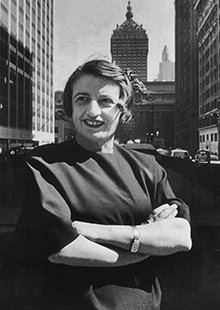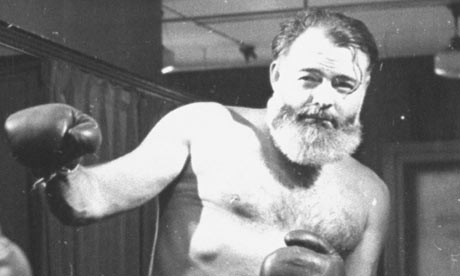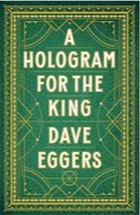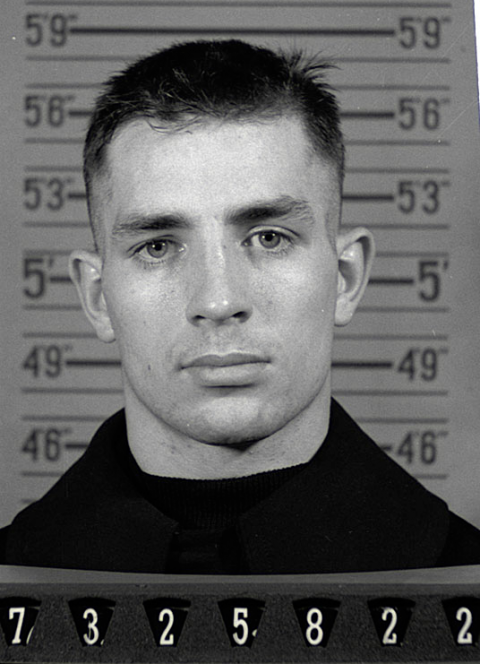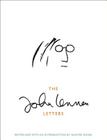by Christopher Zurcher
It is cloudy, warm and getting late, sky growing darker
As we return from somewhere north of Connecticut.
A walk around the idyllic Walden Pond
My only regret – leaving my camera in the car.
Frisbee players and swimmers, gleeful children
 Gracing the public beach.
Gracing the public beach.
A bullfrog croaks in the marsh
As we meander, letting walkers and runners
Pass us on the narrow trail.
Resting occasionally on the rocks, exchanging kisses.
The cool, smooth, dark water calls us
To join others treading water, swimming the length of the pond.
We turn a corner in the path.
A cairn of round stones stacked and delicately balanced
In the mud at the side of the pond.
Seems to mark the half-way point, the far end of the pond where we are.
For me it is an apex of sheer delight in the beauty of this walk we have shared.
The sun comes out from behind the clouds
Slivers of sunshine cut their way through the trees
Lighting the rest of our way.
As beyond complete as this walk was,
I still feel the need to return another warm day to swim.
